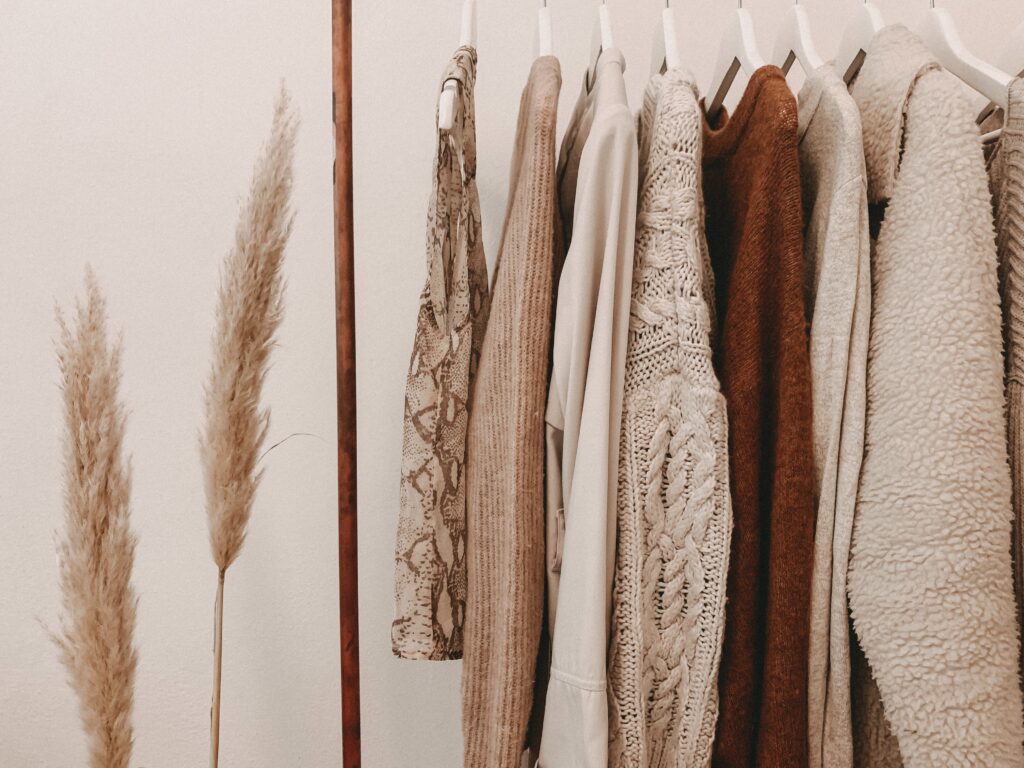
It wasn’t so long ago that I learned that threads from our yoga pants end up in sea snails all the way in the deep arctic.
As an active person, the guilt of this prompted me to consider how I handle my laundry and the things I can do to make my closet generally more eco-friendly.
After pulling on an old pair of black pants, raggedy at best, to go to work recently, I realized that sooner or later I will need new workwear—my least favorite category of shopping. Actually, all shopping is my least favorite category. I’d rather do…anything else at all than shop for clothes.
And that is exactly what makes me the perfect target for fast fashion. I don’t have lots of money to spend on clothes, and even if I did, I would rather spend it on other experiences. I don’t have patience or the desire to spend copious amounts of time finding trendy items. Stick it on a conveniently located rack, or better yet, deliver it to my door, don’t break my bank in the process, and we have a deal. What I find joyless, I prefer to be painless.
Except this doesn’t work when inching our way closer to an eco-friendly lifestyle. Fast fashion does not fit into the equation. Synthetic fabrics leech into the environment (and our body tissues), unsustainable production methods emit more carbon emissions than all international flights and maritime shipping combined annually, and questionable labor practices often leave low-wage workers inhaling toxic fumes, in unsafe environments for long hours.
In the book Wear No Evil: How to Change the World with Your Wardrobe by Greta Eagan, she describes a sustainable method for building a planet-friendlier closet. While the book as a whole was not in the typical voice that would land itself on my bookshelf, I found her method, using what she calls an “integrity index” to be extremely helpful. One of my biggest gripes about overhauling our lifestyles in the face of convenience is how overwhelming it can be, and the approach outlined in this book avoids this, setting us up for greater success. Read more about how I tried using the integrity index to rate the threads in my closet- also a really useful sustainable clothing app here: https://www.elephantjournal.com/2023/08/an-easy-method-for-building-a-sustainable-closet/